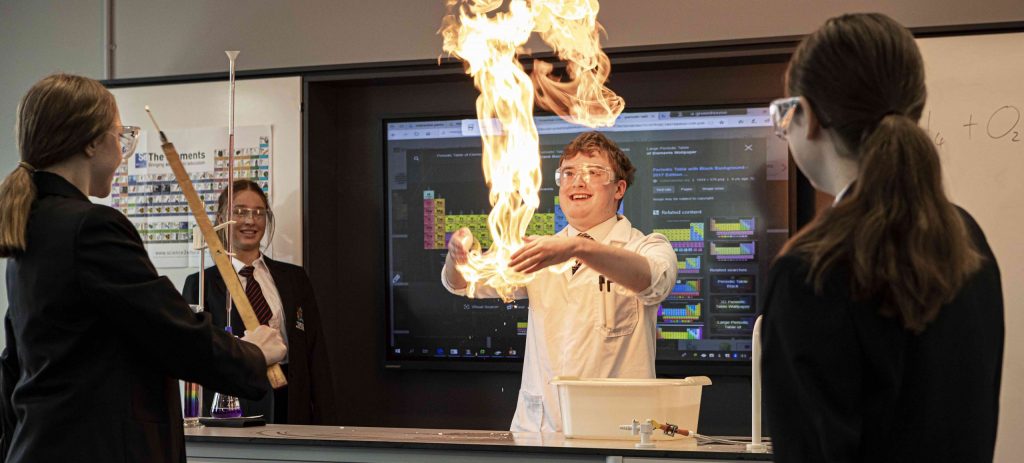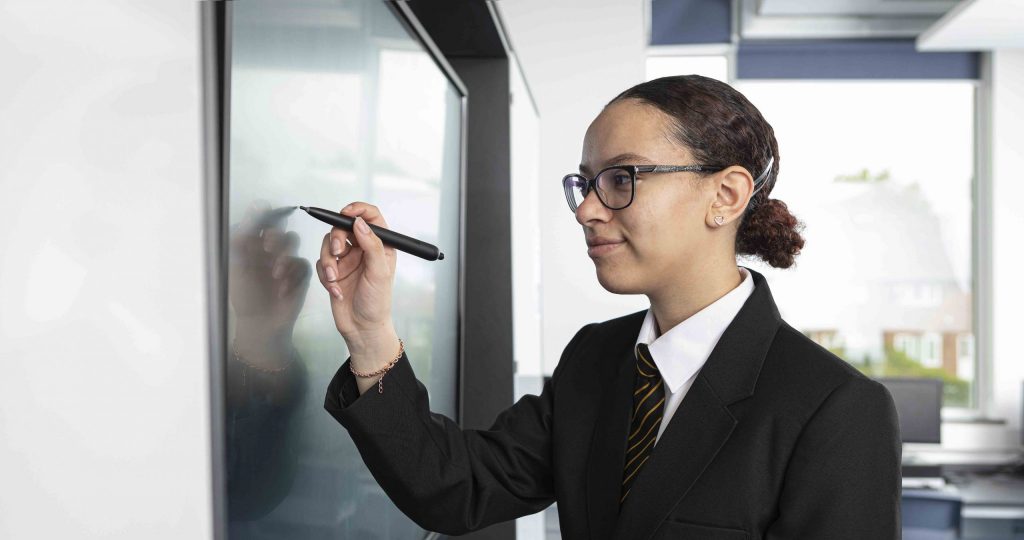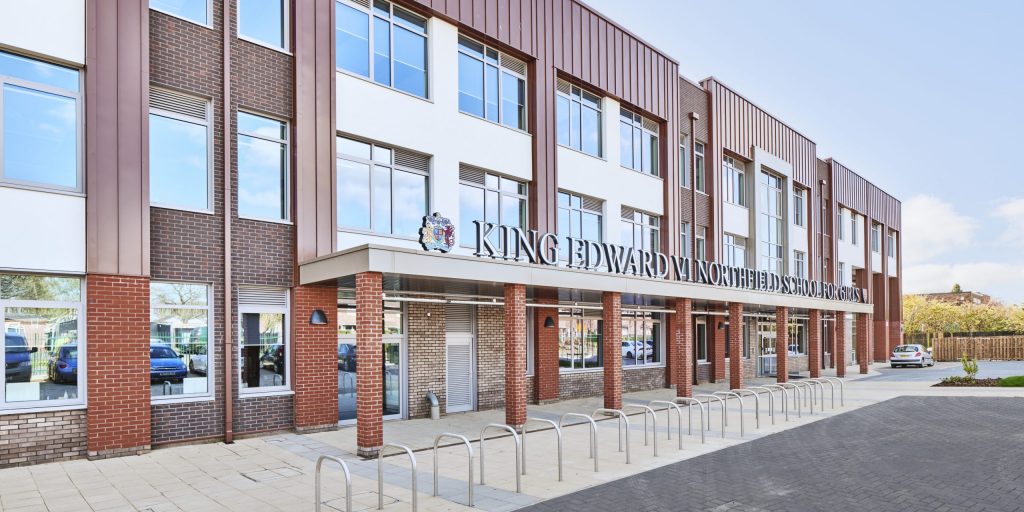All pupils follow a progressive curriculum, which concentrates on building skills and techniques in a range of sports and encourages pupils to participate in sport for life long enjoyment.
Physical Education is a compulsory part of the KS3 and KS4 curriculum, supporting pupils’ physical as well as social, moral, spiritual and cultural development. Pupils have the opportunity to develop their cognitive thinking in sport when considering tactics and game plays, and their social interactions when working with others. The emphasis in the PE department is engagement, participation and enjoyment. This is also followed through the extensive extra-curricular programme available to all pupils.
Please see our page on Sporting Success for more news about what we get up to.
Extra-Curricular Programme
All pupils have the opportunity to take part in a range of clubs at lunchtime and after school. The extensive and varied programme meets the needs of pupils at Turves Green Girls’ and changes depending on the seasons.
Pupils enjoy activities and many attend a number of clubs on a regular basis, representing the school at fixtures and competitions, and proudly showing off their talents in shows and after school events.
The programme includes: gymnastics, trampolining, dance, indoor and outdoor athletics, fitness, cricket, netball, football, rounders and tennis.
PE at KS3
The curriculum at KS3 focuses on building skills and techniques in a range of sports, to allow pupils to develop their ability levels and encourage them to pursue a hobby in sport. We fulfil the National Curriculum requirement and statutory two hours of PE per week. There is a big emphasis on fitness and ensuring pupils develop the correct level of fitness for everyday life, as well as participation in sports.
Pupils take part in a variety of sports, including:
- team games where they are required to outwit opponents, developing their cognitive ability
- gymnastic and dance activities, allowing pupils to develop their creativity
- outdoor and adventure activities, encouraging team work and problem solving
- Some pupils in Year 7 also take part in swimming lessons, develop key lifesaving skills
- All pupils at KS3 take part in Trampolining.

PE at KS4 (core provision)
The curriculum at KS4 is more flexible than KS3. Pupils undertake the statutory two hours of PE per week and have a real focus on fitness for life. Pupils have optional lessons available where activities suited to pupils and groups needs are carried out. We also introduce them to a leadership module so that they can begin to develop these skills for the future. KS4 also sees the addition of mindful movement to begin to equip pupils with relaxation and managing stress techniques through exercise, as they approach their GCSE’s.
2- Year KS4
| Term | Year 10 | Year 11 |
|---|---|---|
| Autumn | Trampolining, Fitness Suite, Games, Options | Fitness, Badminton, Mindful Movement |
| Spring | Badminton, Fitness, Mindful Movement, Games | Games, Options, Mindful Movement |
| Summer | Rounders, Athletics, Options | Rounders, Options |
3-Year KS4
| Term | Year 9 | Year 10 | Year 11 |
|---|---|---|---|
| Autumn | Leadership, Trampolining, Games, Fitness Testing | Trampolining, Fitness Suite, Games, Options | Fitness, Badminton, Mindful Movement |
| Spring | Badminton, Fitness Suite, Options | Badminton, Fitness, Mindful Movement, Games | Games, Options, Mindful Movement |
| Summer | Rounders, Athletics, Tennis, Cricket | Rounders, Athletics, Options | Rounders, Options |

OCR Cambridge National in Sport Studies – Level 2 Award
All pupils in KS4 have the option to study a Cambridge National qualification in Sport Studies, which is a national qualification and is equivalent to GCSE. There are two mandatory units;
R051: Contemporary issues in sport – Pupils explore a range of topical and contemporary issues in sport, such as participation levels and barriers, promoting values and ethical behaviour, and how sport contributes to society as a whole beyond simply providing entertainment.
R052: Developing sports skills – Pupils try out a range of sports-related skills and techniques, including different practice methods for improving both their own performance and that of others. They develop their knowledge of the use of tactics and strategies in both individual and team sporting activities as well as their understanding of the rules, enabling them to carry out a number of officiating roles within the activities.
There are also two additional units;
R053: Sports leadership – here pupils learn about some of the knowledge, understanding and practical skills required to be an effective sport leader. They put their knowledge into practice by planning and delivering safe and effective sporting activity sessions. Afterwards they review their performance.
R055: Working in the sports industry – in this pupils explore the wide range of career opportunities related to the sports industry as a whole, including those not directly linked to a sport or physical activity. They look at how to access these careers and the development paths within them, and the wider role of the sports in national life.
2-Year KS4
| Term | Year 10 | Year 11 |
|---|---|---|
| Autumn | RO25 – Developing Sports Skills | RO53 – Sports Leadership |
| Spring | RO51 – Contemporary Issue in Sport | RO55 – Working in the Sports Industry |
| Summer | RO25 – Developing Skills | RO55 – Working in the Sports Industry |
3-Year KS4
| Term | Year 9 | Year 10 | Year 11 |
|---|---|---|---|
| Autumn | Introduction to Sports Studies | RO53 – Sports Leadership | RO55 – Working in the Sports Industry |
| Spring | RO25 – Developing Sports Skills | RO51 – Contemporary Issue in Sport | RO55 – Working in the Sports Industry |
| Summer | RO25 – Developing Sports Skills | RO53 – Sports Leadership | RO55 – Working in the Sports Industry |
BTEC Technical Award in Performing Arts (Dance)
Pupils in KS4 also have the option to study a BTEC Technical Award in Performing Arts (Dance), a national qualification governed by Edexcel (Pearson). This is an equivalent to GCSE at Level 2 and focuses on the key aspects of dance. Pupils study three components:
Component 1, Exploring the Performing Arts, pupils explore performance styles, creative intentions and purpose, investigate how practitioners create and influence what’s performed and discover performance roles, skills, techniques and processes.
Component 2, Developing Skills and Techniques, pupils take part in workshops, classes and rehearsals, gain physical, interpretative and rehearsal skills and reflect on their progress, their performance and how they could improve.
Component 3, Performing to a Brief, pupils use the brief and previous learnings to come up with ideas, build on their skills in classes, workshops and rehearsals and review the process using an ideas and skills log. They will also perform a piece to their chosen audience and reflect on their performance in an evaluation report.



